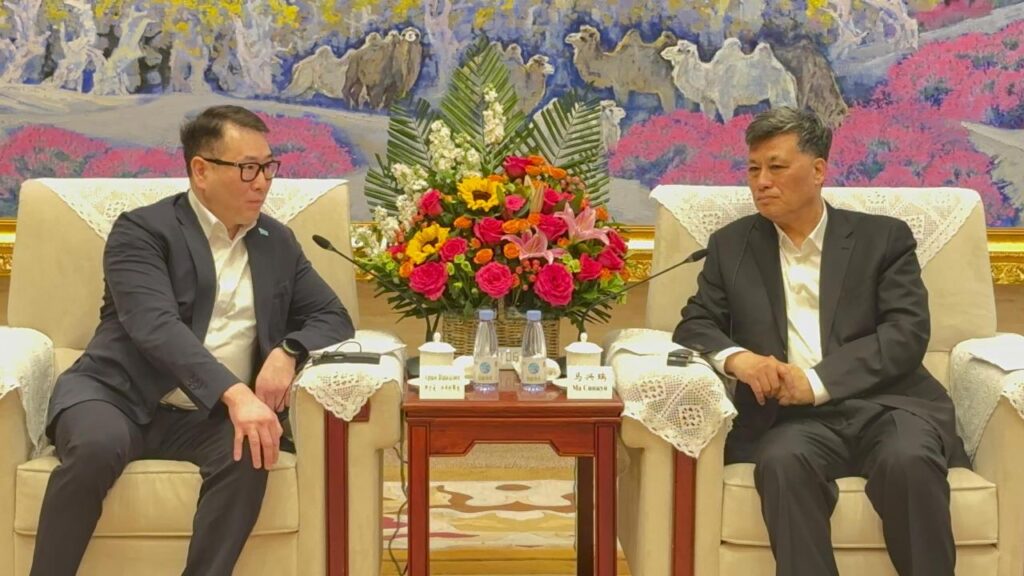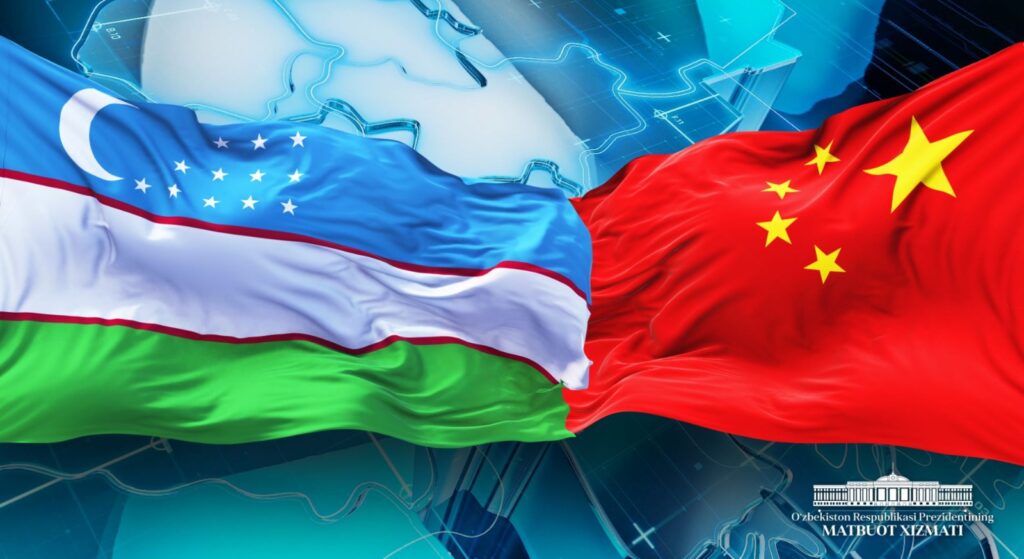Kazakhstan and Malaysia Investment Roundtable
On May 17, the second day of his official visit to Kazakhstan, Prime Minister of Malaysia Anwar Ibrahim joined Kazakhstan Prime Minister Olzhas Bektenov and representatives of the two countries’ business communities for a Kazakhstan-Malaysian investment roundtable in Astana. In his welcoming speech, the Kazakh prime minister reiterated that Malaysia is one of the key trade and economic partners of Kazakhstan in Southeast Asia. Over the past year, bilateral trade turnover increased from $150 million to almost $245 million. The goal is to now unlock the existing potential and exceed the pre-pandemic trade figure of $650 million. Bektenov announced Kazakhstan's intention to diversify exports to Malaysia and called on Malaysian business to jointly explore new opportunities to strengthen partnerships in services, manufacturing, finance, education, subsoil use, agriculture, and construction. Today, 48 companies with Malaysian capital operate in Kazakhstan and 17 joint investment projects totalling over $410 million are being implemented. Prime Minister of Malaysia Anwar Ibrahim announced his country’s intention to strengthen cooperation with Kazakhstan in tourism, education, the energy sector, as well as in the supply of Kazakh halal products. Kazakh and Malaysian businesses agreed to deepen investment ties and explore collaboration in new markets. Agreements and memoranda totaling more than $350 million were signed on cooperation in attracting investment in Islamic finance and trade development, as well as in food processing, mining, gold processing, and joint production of transformer and automotive oil.







